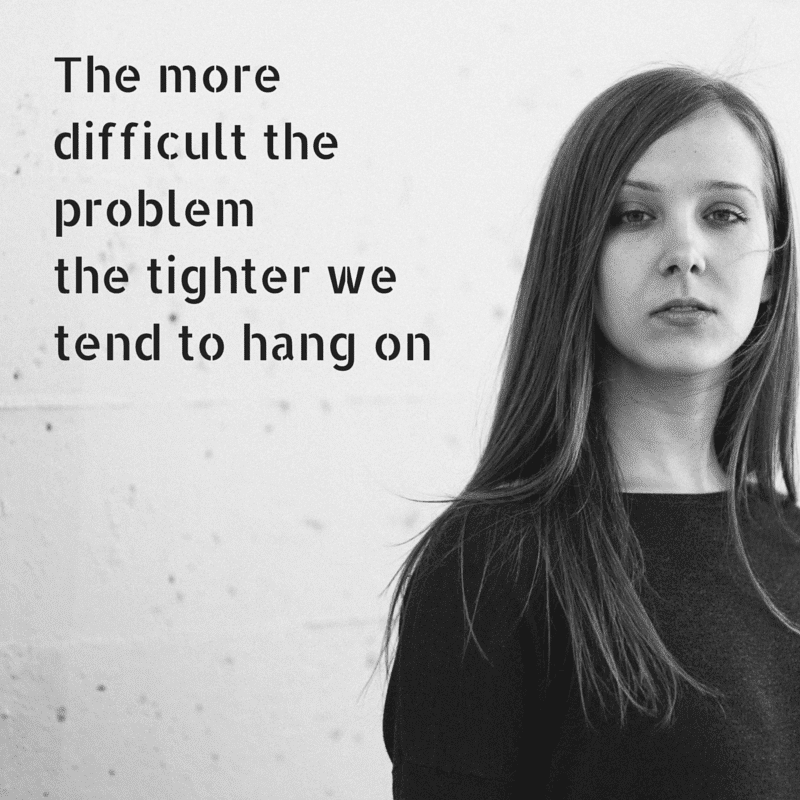Life has a tragic way of repeating itself. It seems at times that we just go round an endless loop of repeating the same mistakes over and over again. Then someone says ‘forget what lies behind.’
One of my favorite classic movies is Groundhog day with a very young Bill Murray.
Weatherman Phil Connors is sent to cover the first day of spring in a small town called Punxsutawney. At night he goes to bed and then wakes to the alarm going off at 6 am.
It’s not 6 am the next day, but weirdly 6 am of the same day. He gets the opportunity to live the same day over and over and over again until he gets it right.
The big point of change is when he begins to reflect on what worked and what didn’t. He begins to tweak his day and alter his attitude. Then he wins the girl!
[Tweet “Experience teaches nothing but evaluated experience teaches everything. John C. Maxwell”]
One of the toxic teachings that we get, not just from the church but from many sources, is that we need to simply ‘forget what lies behind.’ As if it was that easy.
This little verse has spawned some other great throw away lines that need to be thrown away.
- Just let it go
- Forgive and forget
- Just move on
In reality, there seems to be like an invisible bungee cord that twangs you back.
One thing I do
Paul writes a letter to the Philippian church.
Not that I have already obtained this or have already reached the goal; but I press on to make it my own, because Christ Jesus has made me his own. Beloved, I do not consider that I have made it my own; but this one thing I do: forgetting what lies behind and straining forward to what lies ahead, I press on toward the goal for the prize of the heavenly call of God in Christ Jesus. Philippians 3:12-14
Paul is not inviting the reader to just ‘let it go,’ do some form of mental gymnastics and deny what has happened.
Instead, he recognizes that the runner or any sportsman for that matter, who wants to improve will always evaluate their past performance. They look for what went right and what went wrong.
With this new knowledge, they step back on to the race track and do one thing – run.
Paul never forgot his past
Taking his own life as an example, we find that Paul after his conversion experience on the road to Damascus actually retreats into the desert for three years Galatians 1: 17, 18.
I believe that he does desert time to process everything of his life. What he had learned so deeply, from childhood on, had to be unlearned and relearned.
He re-emerges into the world as Paul and no longer Saul. More whole and integrated.
But even then he still had a thorn like a problem that poked at him. I believe that this thorn is actually the shame of all that he had done. Read more about this here …
Paul’s thorn in the flesh changed his life,
your thorn can change you
Does this shame become his continual focus?
No, it is part of his story but part of his evaluated story from which he can run the race with authenticity.
7 Qualities of those who leave Groundhog Day
1. They admit they have a past.
They come out of a place of denial, of shoving it all down of trying to forget it. They ‘come to their senses’ as the prodigal son would say. (Luke 15: 17)
2. There is a willingness to make a review.
They want to understand how the past has shaped their present in both good and bad ways. They know that if they continue to always do what they have always done, they’ll always get what they’ve always got.
3. They take responsibility for their past conclusions.
Conclusions that have channeled their thinking in certain ways. Yes, others will have done them wrong, but they embrace the responsibility to run their own race. They refuse to play the blame game and be a victim.
4. They discover that everyone is wounded, and that hurt people hurt people.
Everyone has missed the mark some how. We all have the scars in our thinking to prove it. Healthy people recognize this and with this understanding comes a sense of peace and an ability to forgive themselves and others.
5. They forgive themselves and others.
There is a letting go of the need to punish. Forgiving is not forgetting, it is remembering with a lessening amount of pain.
6. They train their brain to think in new ways.
With a conscious and disciplined approach, they review insights learned, verses of scripture, quotes. David strengthened himself in the Lord his God. 1 Samuel 30:6. How did he do that I wonder?
7. They repeat this process if and when any ghostly echoes trigger old thinking paths.
This process of change will need to be repeated many times, and there may well need to go a little deeper the next time.
The brain does not have a delete button. Those memories are there for a reason, and perhaps God wants you to reflect on them. Often you will need an experienced guide such as a counselor to help unpack the past and get you back on the running track.
Quotes to consider
- Children are excellent recorders of their experiences but poor interpreters. David Riddell
- “I don’t want to remember that incident because it’s too painful” means that it must be recalled in order that you may ‘think again’ and reassess old conclusions. D. Riddell
- Resolve the feelings by acknowledging emotions and re-interpreting old conclusions, then bury the past. D. Riddell
- Improvement of our lives begins with the renewing of our minds, which is begun in turn by challenging old beliefs and childhood conclusions. D. Riddell
Questions to answer and leave a comment below
- Why do people use the line ‘forget what lies behind’?
- People generally don’t like to review the past, especially childhood conclusions. Why is that?
- Why did God not create a delete button in the brain?
Barry Pearman
Image:Jenny Hill
Consider reading these posts.
Just waiting for an ‘Anointing’ to wash my problems away: Toxic Faith pt 2
The Danger of Turning a Sinner into a ‘Saviour’: Toxic Faith Pt. 3





